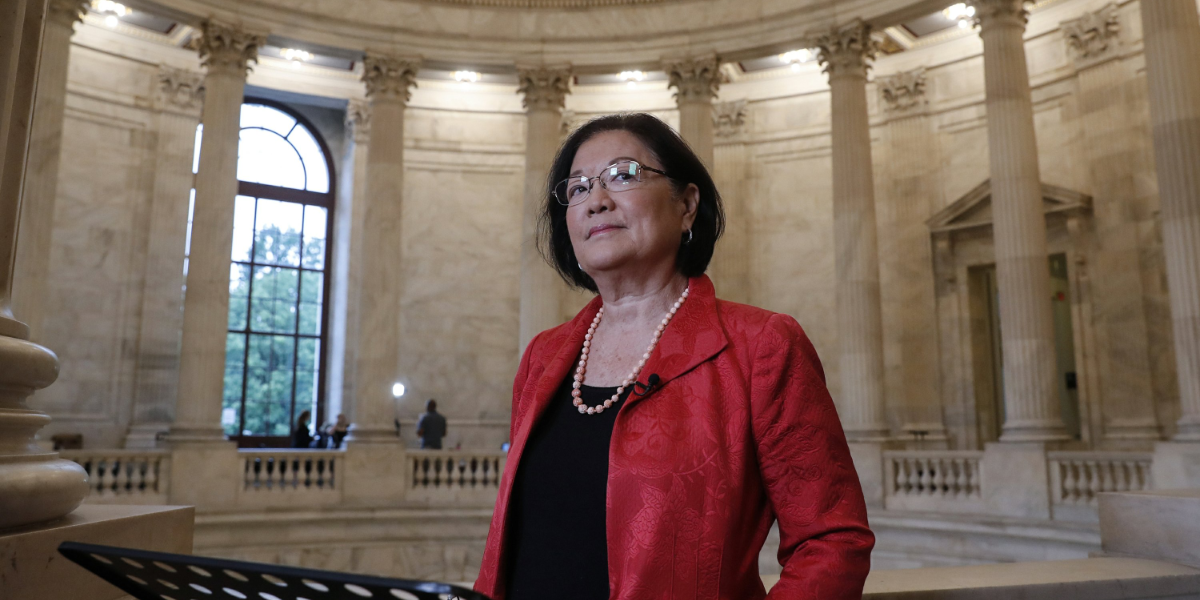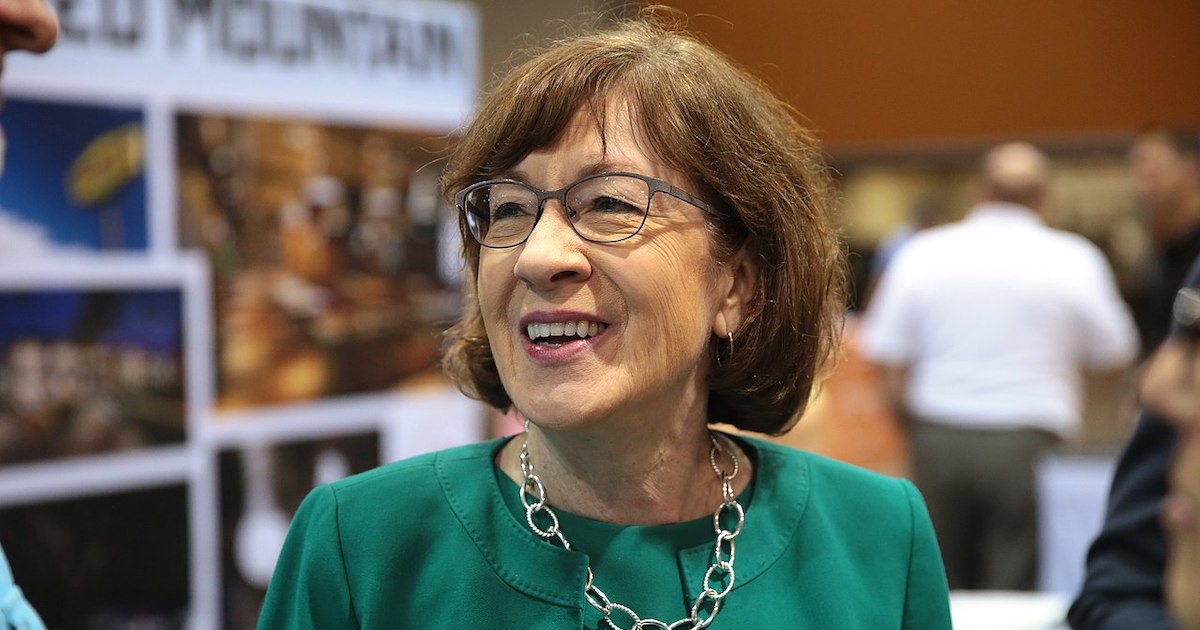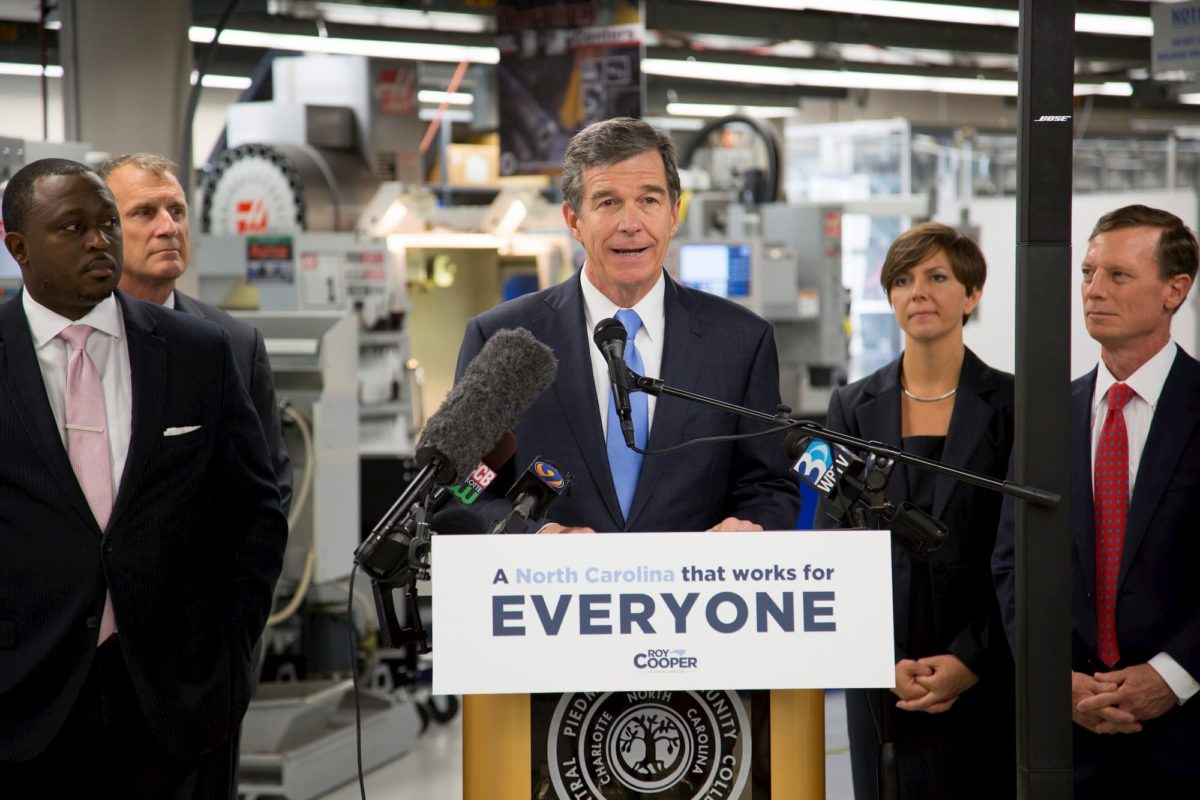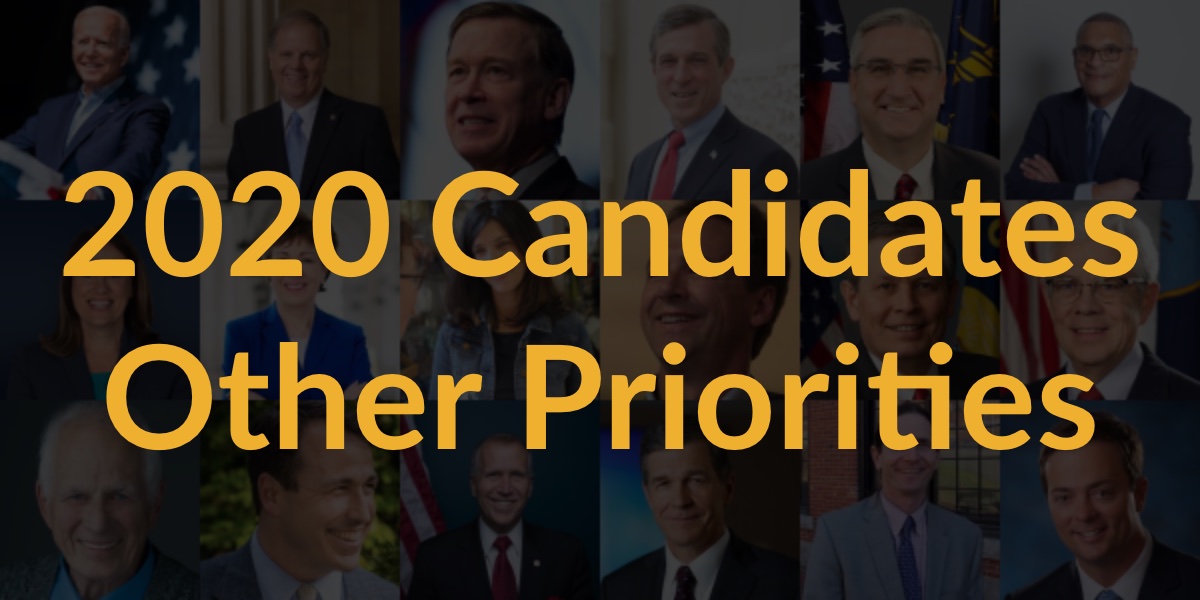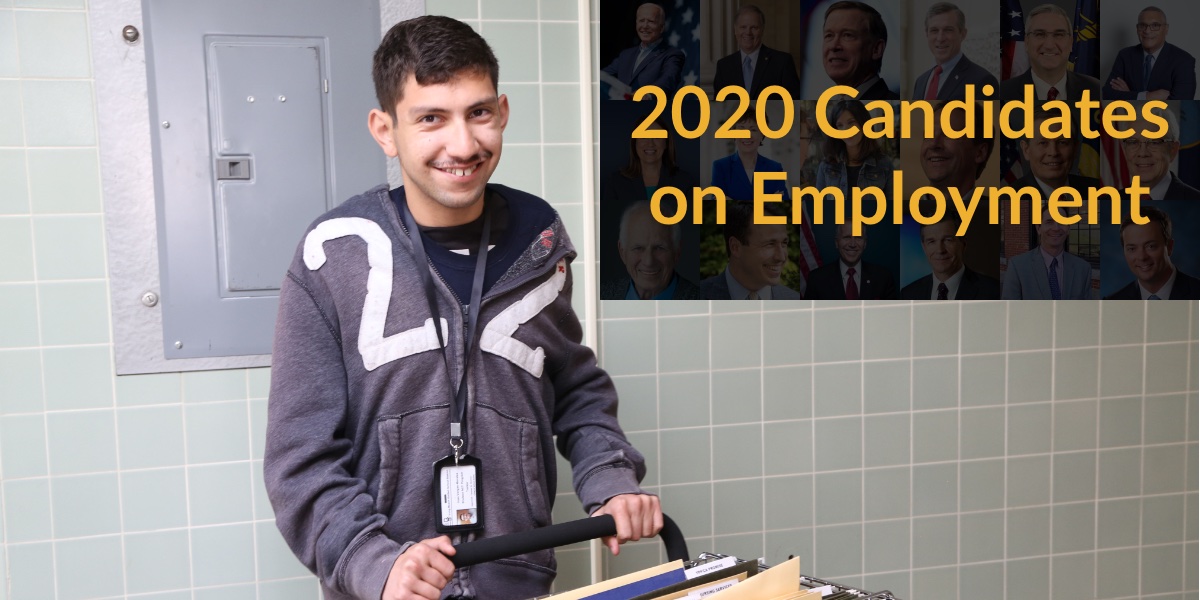Trenton, NJ, October 27 – In the run up to the 2021 gubernatorial election in New Jersey, the nonpartisan disability rights nonprofit RespectAbility has released its latest New Jersey State Voter Guide. According to the 2020 Annual Disability Statistics Compendium, the total number of New Jerseyans with disabilities is 908,500, making up 10.4 percent of the total state population.
2019 employment data shows that there are 411,051 working-age people with disabilities in New Jersey. In the economic expansion before the COVID-19 pandemic, 163,968 (or 39.8 percent) of those New Jerseyans had a job.
The nonpartisan disability group RespectAbility has asked Democratic and Republican candidates for Governor the same seven key questions about issues affecting people with disabilities, including employment, education, criminal justice and accessibility. RespectAbility has sent multiple emails and placed many phone calls to the campaigns in order to solicit responses to the questionnaire.

